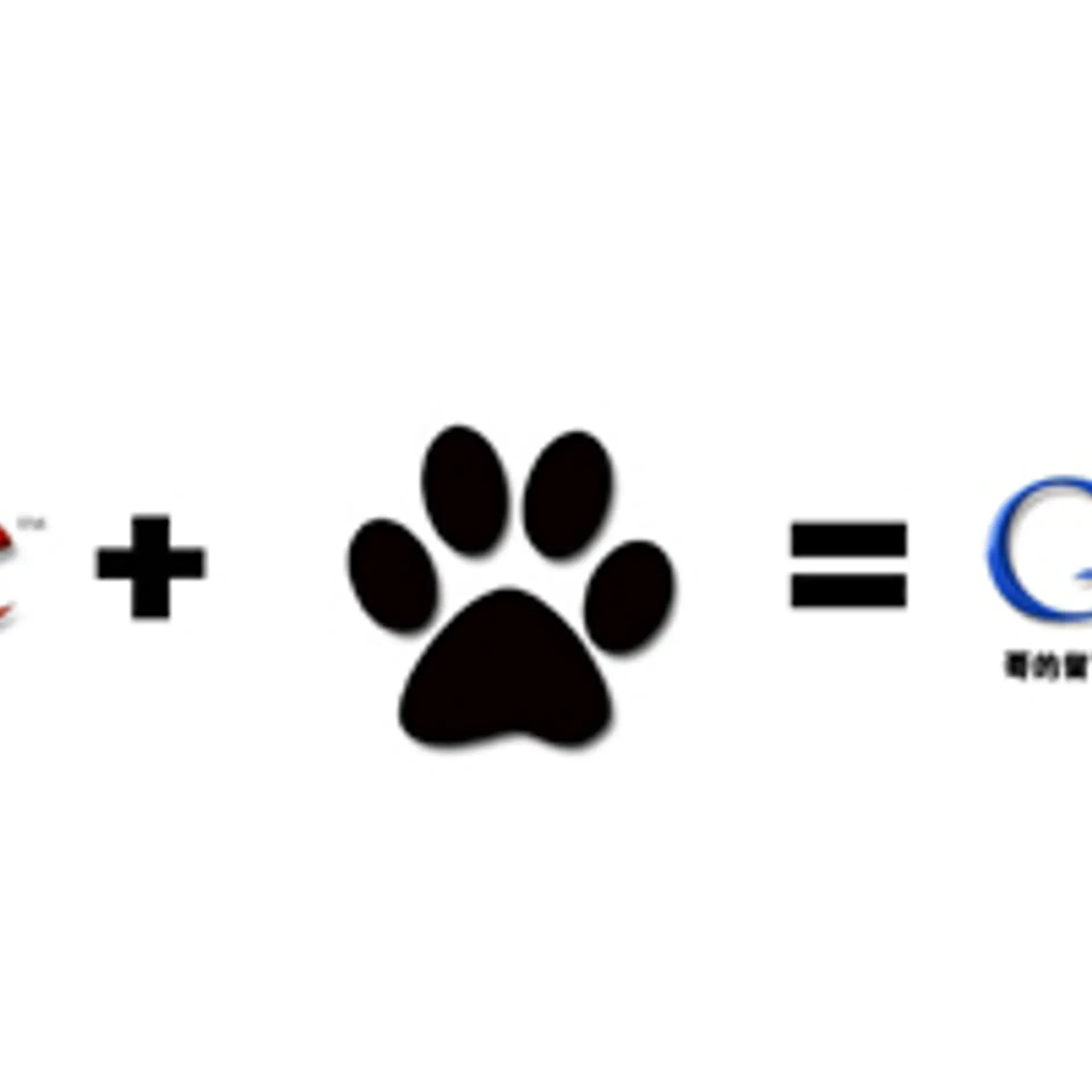

Why platforms like Pinterest, Quora & Stackoverflow rely heavily on humans!
How age old manual techniques are transforming platforms
In this age where AI and chatbots are being talked about, if we look carefully, a lot of the platforms we use today are managed extensively by humans. Yes, the infrastructure that powers these interactions are built using modern technologies but the core value proposition is all created, curated and managed by humans. Be it the pinners on Pinterest, the moderators on Quora or the programmers who answer detailed coding questions on Stackoverflow sometimes investing hours together!
We humans have complex feelings and thoughts that technology finds hard to understand. Because it's never defined by a set of rules or if-else statements. It's so hard and illogical that humans find it difficult to understand each other. And when we draw a parallel to the questions we have or the urge to see new things on a daily basis, there are so many tiny details like preferences, likes, dislikes, context etc. that change multiple times a day. So something that I may like right now will probably not fare that well at a later point in time. It's because we're constantly evolving, every second, every minute. For a being that's changing at such a rapid pace, nothing can be standardized. There can be no fixed recipe.
That is where the power of a community comes in. The community creates and curates content that is so diverse that at any point of time, there is something to offer everyone. Take Quora for example, every question has so many diverse sets of answers that there is almost always something for everyone. Or on Pinterest, where users manually browse through the web pinning images and links and categorizing them into boards that others may find useful. They essentially satisfy people with a similar state of mind when they see that collection. These same people may not be satisfied when they see the same thing at a different time.
This could very well be achieved by an automated algorithm that crawls the web, looks for a particular type of images and links and creates a repository. But the reason it doesn't happen or not being done is because there are so many nuances, nitty gritties and complex details associated that a web crawl will never satisfy.

The platform (Winkl) that I'm working on right now as well depends heavily on humans. Winkl (https://winkl.in) is a place where you can get anything fashion, beauty and style answered by a great community. There are so many minute details in fashion & beauty like personal preference, style, fashion trends, budget, occasion, venue, time of day, skin type etc. that only humans can take into account all the details and provide a satisfactory answer. Sometimes I myself am surprised by the level of details our users get into while posting questions and answers. You may ask, well we can ask these questions on Quora as well, why do we need a separate platform?
I think it's because that as we build Winkl, the level of depth we can offer in fashion, style and beauty cannot be provided by a horizontal player like Quora. The same reason why each category on Craiglist was attacked and spun off as different businesses, many of whom are wildly successful in spaces like property listings, dating, e-commerce etc. Also, over a period of time each community attracts it's own kind of members and Quora doesn't have a fashion-inclined community to boast of. Similarly how Pinterest mainly attracts women inclined towards DIY's, crafts, designing etc.
Do check out Winkl here and our blog and drop in your feedback :)






